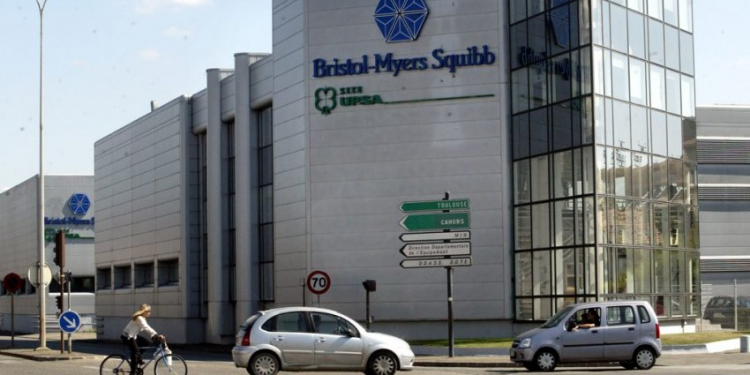The FINANCIAL — Bristol-Myers Squibb Company and IFM Therapeutics (IFM) announced on August 3 that the companies have signed a definitive agreement under which Bristol-Myers Squibb will acquire all of the outstanding capital stock of IFM Therapeutics, a venture-backed biotech company focused on developing therapies that modulate novel targets in the innate immune system to treat cancer, autoimmunity and inflammatory disorders.
The acquisition will give Bristol-Myers Squibb full rights to IFM’s preclinical STING (stimulator of interferon genes) and NLRP3 agonist programs focused on enhancing the innate immune response for treating cancer, and is an example of Bristol-Myers Squibb’s continued focus on leveraging external innovation to expand and develop its portfolio of transformative medicines. IFM’s STING agonist program includes a lead asset that accelerates the company’s efforts against this target, while the NLRP3 agonist program includes a potential first-in-class pipeline candidate, according to Bristol-Myers Squibb Company.
“Targeting innate immunity pathways represents a potentially differentiated approach in immuno-oncology designed to initiate and augment immune responses that may help the body’s natural defenses better recognize and attack tumors,” said Thomas Lynch, Jr., M.D., executive vice president, chief scientific officer, Bristol-Myers Squibb. “The addition of STING and NLRP3 agonist programs broadens our ability to investigate additional pathways across the immune system and complements our immuno-oncology portfolio. We look forward to advancing the development of these important programs initiated by Gary Glick, his leadership team and leading academic and industry experts across immunology and oncology.”
“A comprehensive body of preclinical data support the continued research of IFM’s NLRP3 and STING agonists with a goal of uncovering their potential benefit to patients, particularly those not served by currently available cancer immunotherapeutics. Based on its deep expertise and leadership positions in immunology, oncology, and immuno-oncology, Bristol-Myers Squibb is uniquely positioned to accelerate these programs and maximize their potential,” said Gary D. Glick, Ph.D., CEO and co-founder of IFM Therapeutics.
“The company is delighted by the validation this deal brings to IFM’s technology, and under the stewardship of Bristol-Myers Squibb, researching the promise it holds for potentially improving the lives of patients,” said Jean-François Formela, M.D., chair of the IFM board.
Under the terms of the agreement, Bristol-Myers Squibb will pay $300 million upon closing of the transaction. IFM stockholders also will be entitled to additional contingent payments of up to $1.01 billion for each of the first products from the two programs upon the achievement of certain development, regulatory and sales milestones. Also, IFM is eligible for additional contingent milestone payments for further products resulting from these programs. In connection with the acquisition, a newly formed entity will be established by the current shareholders of IFM – IFM Therapeutics LLC – and it will retain IFM’s current personnel and facilities, as well as its remaining research programs, which include an NLRP3 antagonist program focused on curbing immune responses that lead to inflammatory diseases and fibrosis. In consideration of an additional payment at closing and future investment, Bristol-Myers Squibb will be granted at closing certain rights against the newly formed entity’s NLRP3 antagonist program, including a right of first refusal.
The transaction has been approved by the boards of directors of both companies and by the stockholders of IFM.
Bristol-Myers Squibb and IFM anticipate the transaction will close during the third quarter of 2017. Closing of the transaction is subject to customary closing conditions, including clearance under the Hart-Scott-Rodino Antitrust Improvements Act.

































Discussion about this post